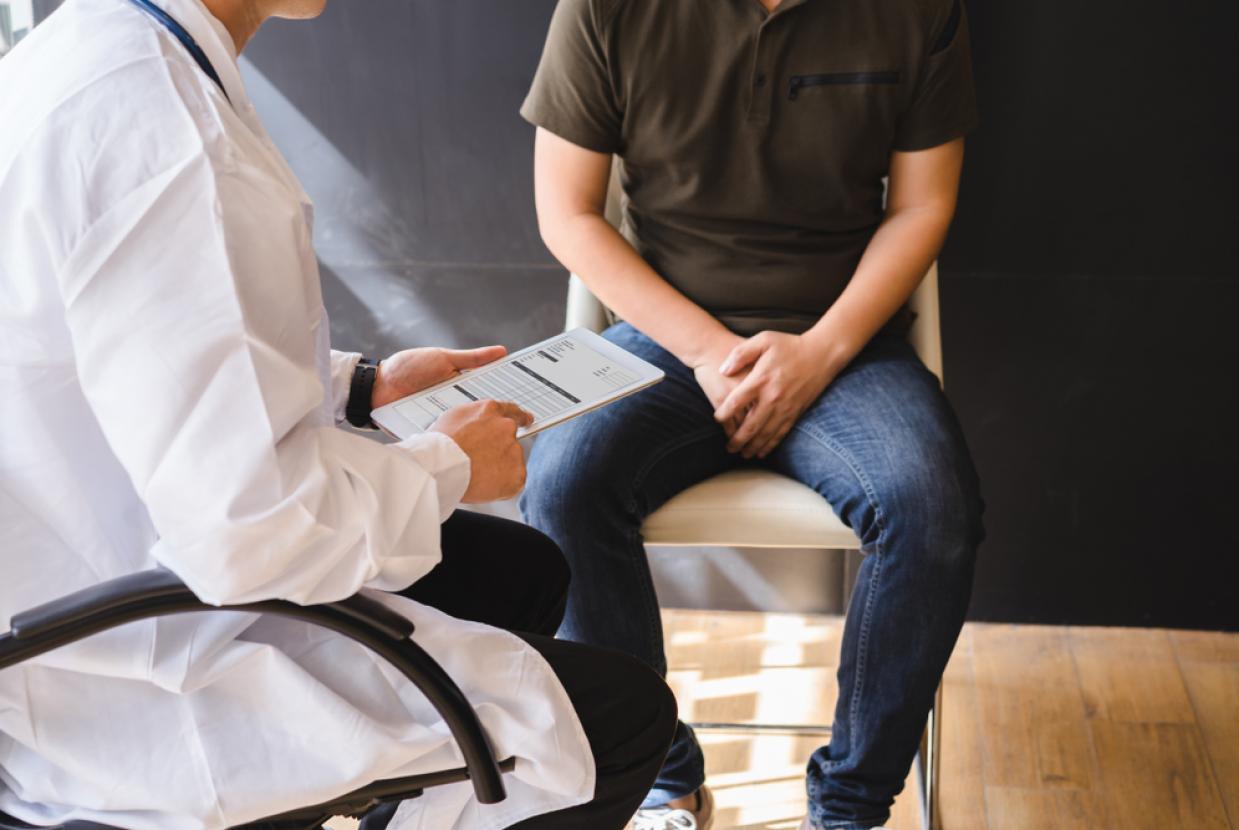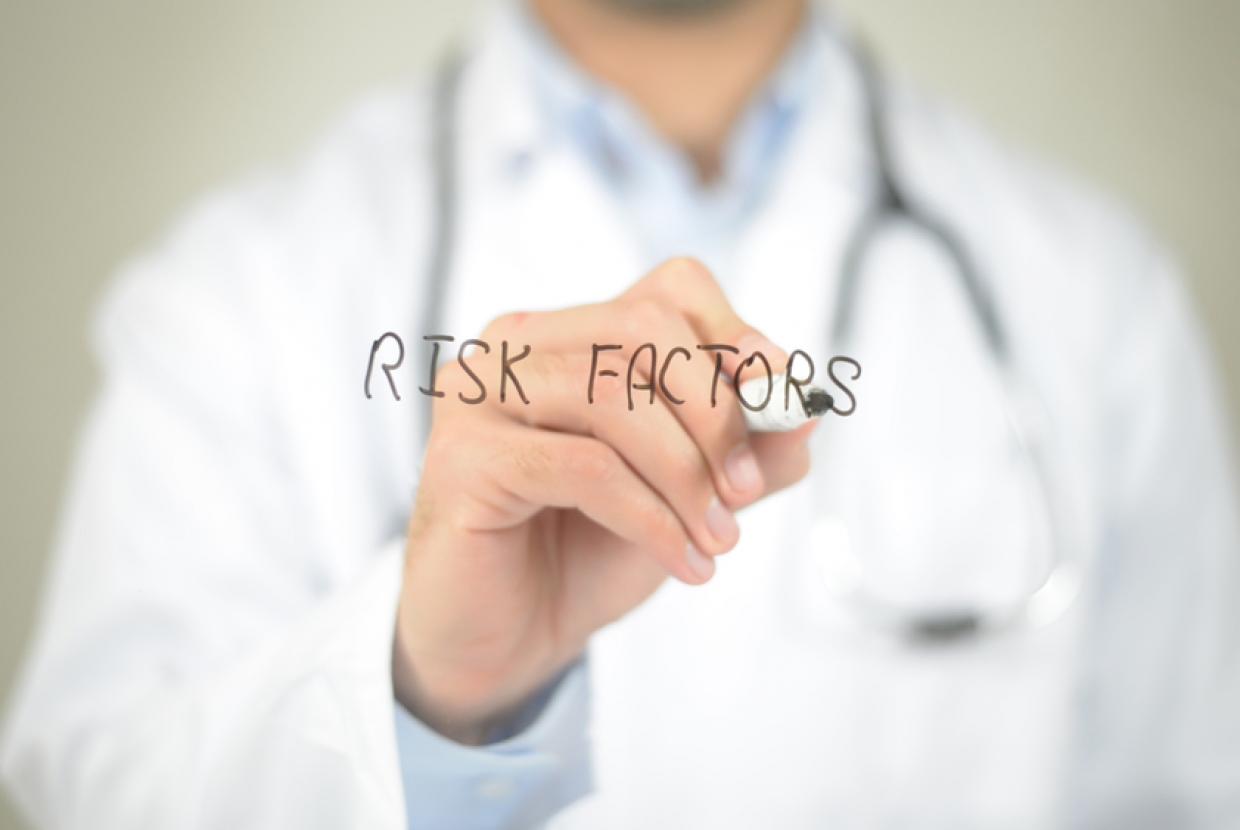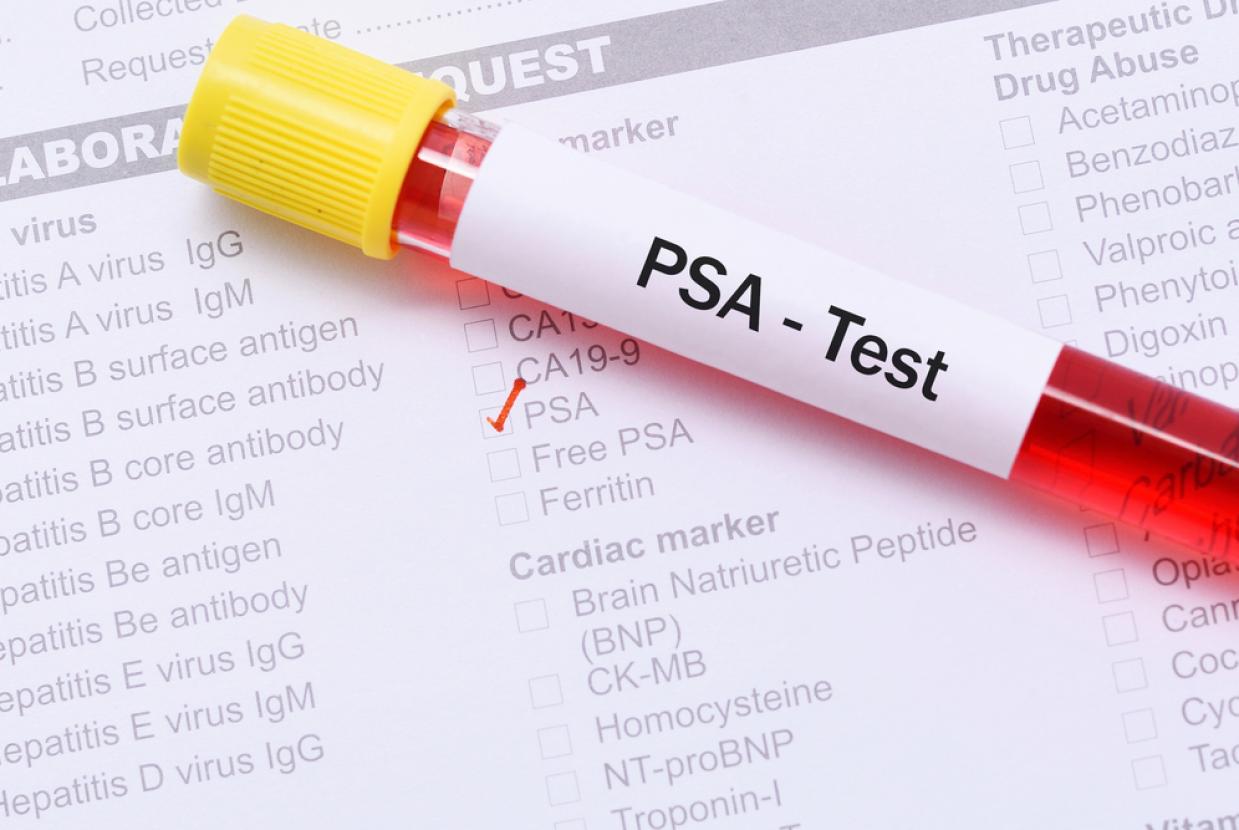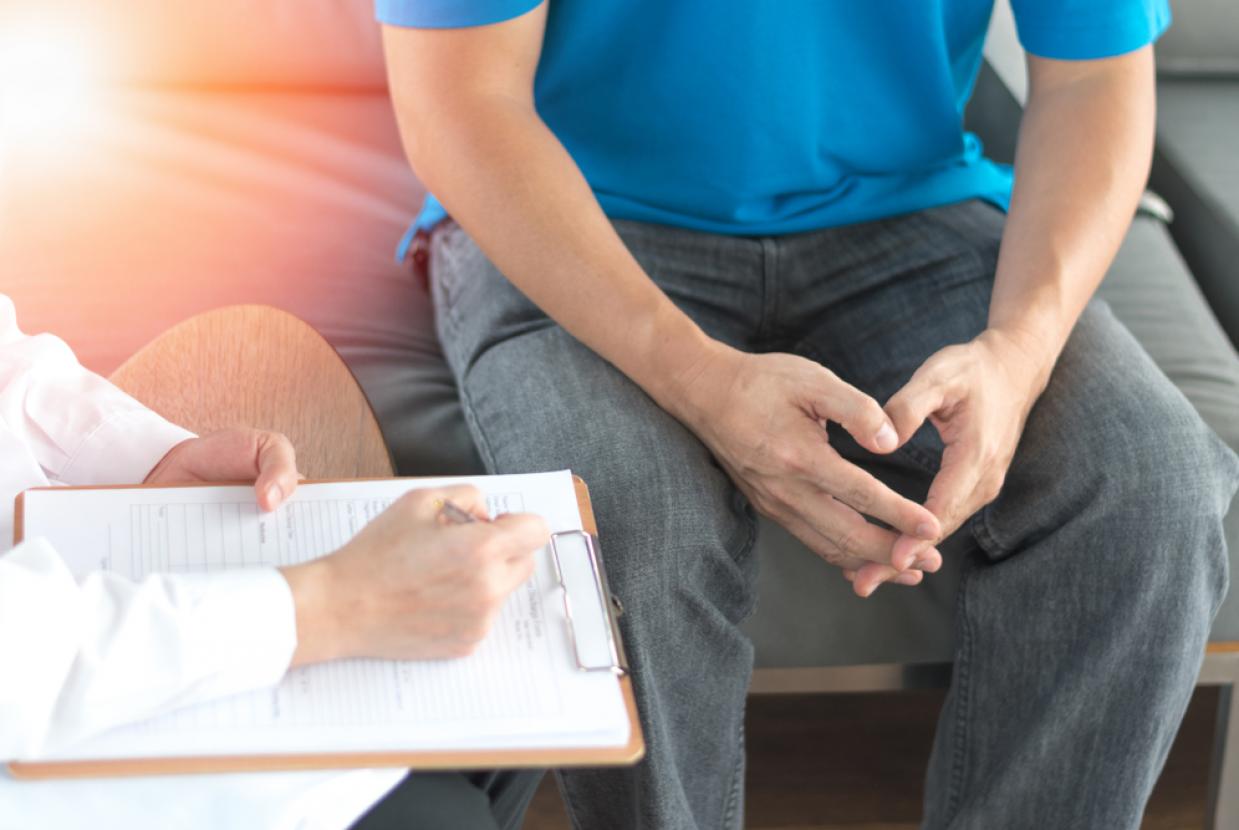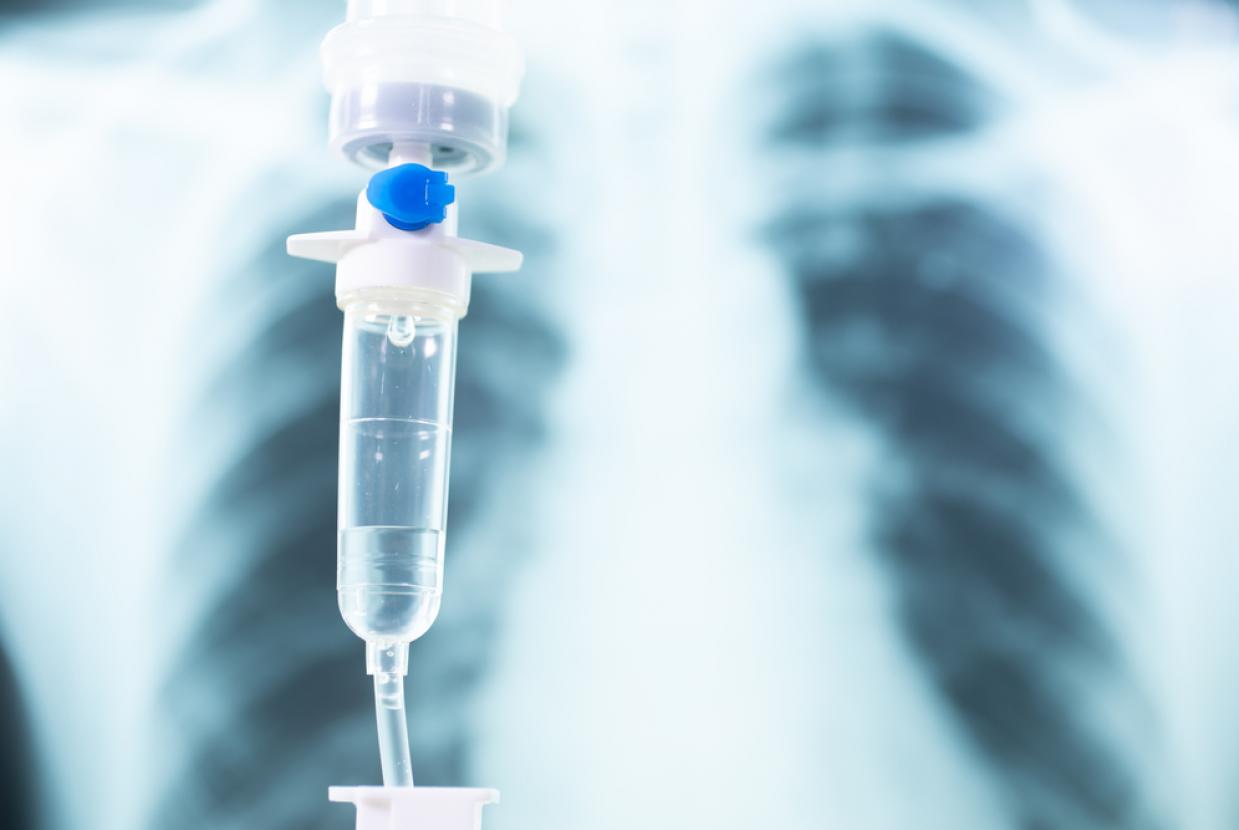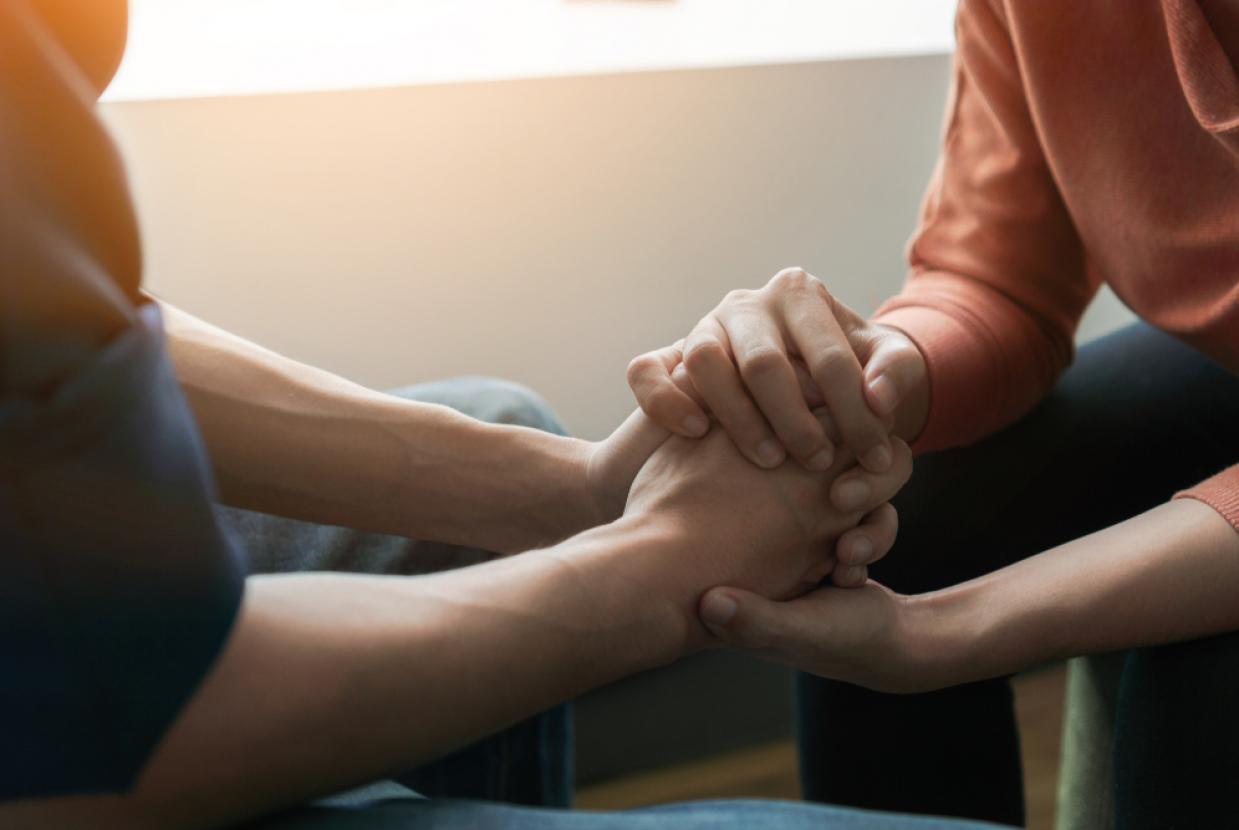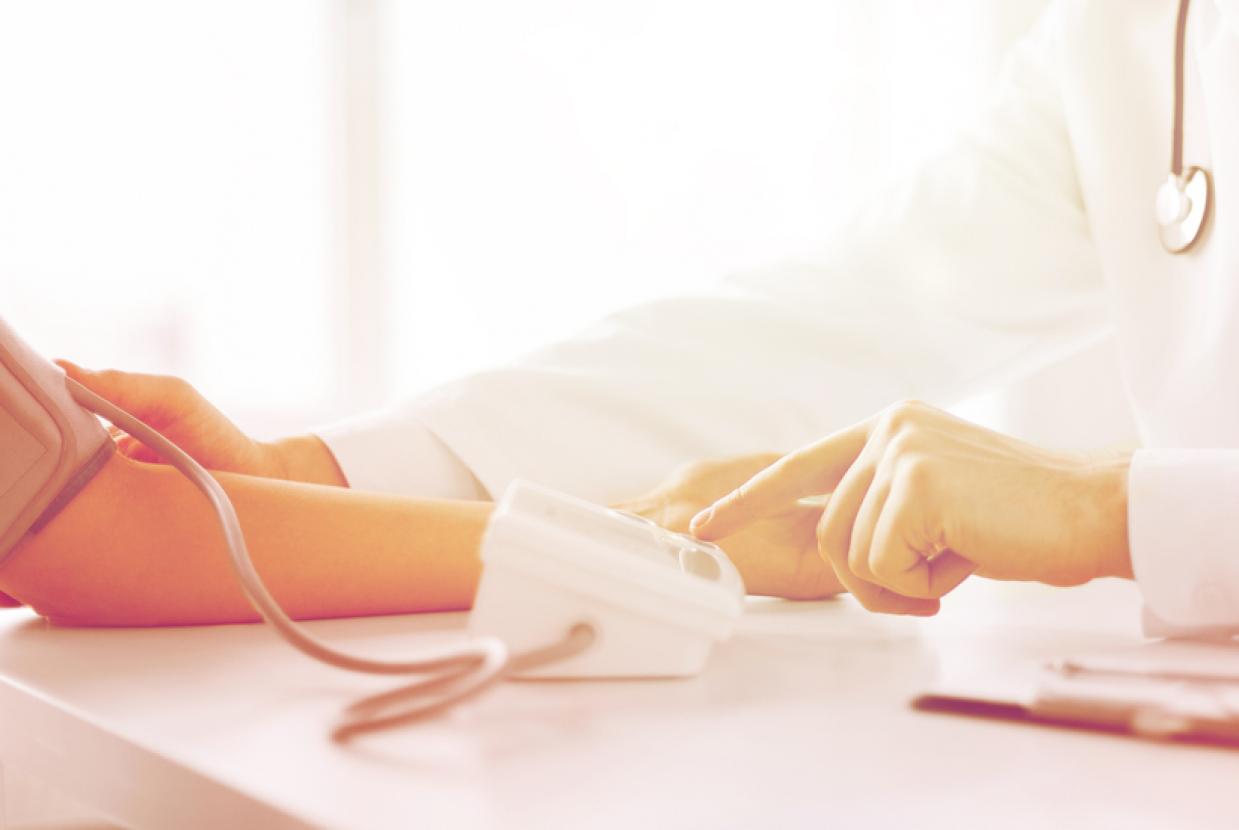Erectile Dysfunction
What is erectile dysfunction?
Erectile dysfunction is when you are either:
- unable to get an erection
- unable to keep an erection for long enough to have sex
Depending on the cause, you may still be able to get an erection at other times, such as when you wake up.
Sometimes you might also have low sex drive (loss of libido).
Causes of erectile dysfunction
Most men occasionally fail to get or keep an erection.
This is usually caused by stress, tiredness or drinking too much alcohol, and it's nothing to worry about.
It can also be a side effect of some medicines.
If erectile dysfunction happens often, it may be caused by a condition such as:
- high blood pressure or high cholesterol
- diabetes
- depression or anxiety
- hormone problems
Things you can do to help with erectile dysfunction
Healthy lifestyle changes can sometimes help with erectile dysfunction.
Do
- lose weight if you're overweight
- stop smoking
- eat a healthy diet
- exercise daily
- try to reduce stress and anxiety
Don’t
- do not drink more than 14 units of alcohol a week
- do not cycle for a while, if you cycle for more than 3 hours a week
Non-urgent advice:See a GP or go to a sexual health clinic if:
- erection problems keep happening
It might be a sign of a health condition that can be treated.
How sexual health clinics can help with erection problems
Sexual health clinics treat problems with sexual health. They can provide the same treatment you would get at your GP surgery.
Many sexual health clinics offer a walk-in service, where you do not need an appointment.
They'll often get test results quicker than GP practices.
What happens at your appointment
If you see someone about erectile dysfunction, the doctor or nurse may:
- ask about your lifestyle and relationships, and any problems you might be having
- do some basic health checks, such as taking your blood pressure
- examine your genitals to rule out any obvious physical cause
If you have symptoms like needing to pee more often than usual, you may also have an examination of your prostate (rectal examination).
Treatments for erectile dysfunction
Treatment can usually help improve erectile dysfunction.
Medicines for erectile dysfunction
The main treatments are medicines that increase the blood flow to your penis, called PDE-5 inhibitors.
These include:
- sildenafil (Viagra)
- tadalafil (Cialis)
- vardenafil (Levitra)
- avanafil (Spedra)
You can get sildenafil on prescription or you can buy it from a pharmacy. You need a prescription for the other types.
Vacuum pumps
Vacuum pumps encourage blood to flow to the penis, causing an erection.
They work for most men and can be used if medicine is not suitable or does not work.
They're not always available on the NHS. Speak to a doctor about where to get a vacuum pump.
Treating the cause of erectile dysfunction
There are also treatments for some of the causes of erectile dysfunction.
For example:
- your doctor may switch you to a different medicine if it's causing your erectile dysfunction
- high blood pressure, high cholesterol and hormone problems may be treated with medicine
- counselling and therapy can help if your erection problems are linked to emotional or mental health problems – but there can be a long wait for these services on the NHS


